The Digital Blonde: “I don’t see myself as a DJ and never have”
Written by on August 21, 2016
As a legend DJ and music producer, The Digital Blonde -whose real name is Ricky Smith- has been around now in the dance music scene with a career that spans for more than 20 years. Because of his vast experience there are many interesting insights he can give us about the past, the present and the future of trance music.
Deeply compromised with the quality and the feeling of his music, The Digital Blonde has remained solid and faithful to his own style through the years. This dedication has transformed his tracks into timeless masterpieces, among them are his acclaimed ‘Legato’, ‘Electra’ and ‘Serenade’ i.e. many works.
Trance Energy Radio reporter, Luciano Médica Catalán, spoke with him and you can read the interview here, exclusively!

Hello, Ricky. First of all, and since some people may not know much about your career, do you think you can point to some specific things that really distinguish you from other DJs?
I don’t see myself has a DJ and never had. I never started out to be a music producer: I was a young lad from Leicester that just loved synthesizers and lasers. Never really felt like I fitted in at school, since I never did sports or the other stuff my friends did. However I used to do lots of bike riding but still, I was almost always at home playing with sounds and beats.
When did this ‘young lad’ start making music and how did that happen?
I got into synthesizers in 1982 when my uncle let me hear a 7” record called ‘Drowning in Berlin’ by a band called The Mobiles. I was amazed by the sounds I could hear and the way the record sent you into a daydream by using these sounds. I discovered this instrument was called a ‘synth’. My parents eventually bought me one from a second hand shop. I then collected bits and pieces that would all turn into sounds.
Then I was introduced to ‘Oxygene’ by Jean-Michel Jarre: that was unbelievable! It was a complete orchestra done with synthesizers. After that I got into the street-sound electro albums, as this was the birth of hip hop and was all done electronically. My favourite artist of that time was the Egyptian Lover. That admiration made me buy a Korg Vocoder in order to make the robotic voices that the Egyptian Lover was using. All the equipment was played by hand; there were neither sequencer nor computer around.
By 1986 I was putting complete songs together and was getting around the sequencer problem by wiring my MIDI cables from the back to the front. This caused the drum machine to play notes off the keyboard letting me use the drum machine as another pair of hands. I wrote four songs and put them onto a cassette. It was heard by a label in Brussels called Clip Records. In 1987 these songs were released and I was now classed as a ‘Belgian new beat producer’ which was a big European electronic sound that had been born in a nightclub called The Boccaccio in Belgium. The person, whom my manager was at that time, then became Technotronic and went to have a number one hit with ‘Pump Up The Jam’.
That’s quite impressive. Mostly because Technotronic was one of the cornerstones of 90s dance music. Talking about the 90s, what happened then?
In the early 90s I started getting into the club stuff as the rave scene was fading and people were going back into the little clubs. Me and my friend Frank Warrick changed our name to The Digital Blondes and had a big hit with ‘Anthium’. This track was signed by Judge Jules at EMI but then was spoilt when Jules added a vocal to it, even paying for us to go and take that recording back to studio to master it. The record flopped with the vocal then and even now those who still play it; they would just put the instrumental.
We also worked with Chicane, Yazoo and Jeremy Healy did a string of remixes. Not long after, Frank went solo to produce more housey tracks. In consequence, I became The Digital Blonde and started writing on my own and my first release was ‘Electra’.
You’ve been in the scene for years now, what changed over the years?
Starting in 1989, I could feel something big happening… There was a global shift, a spectacular event: the rave scene was being born. This was it for me, as it gathered hard synth sounds, warehouses full of people and laser shows. It was something amazing to be a part of this particular moment, which was the ‘Big Bang’ of the current musical universe, a point break from where everything we hear today was actually born.
What was the key factor that made this ‘Big Bang’ possible?
Synthesizers and drum machines changed the world by allowing producers to make amazing music and generate feelings that would bring people together in one place and feel free. No worries, no enemies. Just utopia and bliss. Many people believe that what makes a good rave, when the right piece of music hits you at the right moment, in the right atmosphere… that’s the nearest feeling to heaven without having been there…
And about the old days, is there anything you miss from that time?
I travelled the country, rave-chasing every weekend, listening for new sounds and riffs. A lot of timeless classics were invented during this ‘rave era’ and a lot of classic synth sounds. The best thing about this scene was that there were no rules in the music and no genres. It was all just ‘electronic dance music’.
‘Electronic dance music’ is what the EDM producers claim to be doing lately. How do you feel when you look at the dance scene these days?
My feelings for the dance scene at the minute are based on what I see on the internet: the bigger the crowd and the light show, the worse the music will be… I don’t really like travelling. I never liked it, so being called a DJ doesn’t really mean anything to me.
What about the production of new music, do you think that there’s still room for the pioneers of trance in its future?
I believe there is plenty of room for new talent but it’s getting harder for it to make its way through the ‘bad talent’… The only word you can’t type in the computer if you want to find real music that puts you into a trance would be ‘trance’. I see pictures of producers with equipment all over the place, but they don’t work to create a sound: they just buy gadgets and plugins until they hear the sound they want. The result is music that tends to be good but everything sounds the same.
I can click on any ASOT or EDM event and all I will hear is just arranged pre-sets. You can always tell when the composer has created the track coming from his heart or from his computer. In the end, the more kits you add the less chance you have of creating your own unique sound.
Speaking of unique sounds, you formed the duo 00.db with John ‘00’ Fleming, how did you end up working together?
I first heard of John ‘00’ Fleming in the early 90s when he put a track I had made called ‘Anthium’ on one of his mix CDs. I then found out that he was turning into a bit of a fan and was supporting most of the stuff I produced. We eventually met and became friends since our taste and musical background were more or less similar. All of a sudden, 00.db was born. The idea of a chill-out album going together with every dance album was a way to go wild with moods and ambiences without interfering with the club side of it.
And it actually put you into a state of trance! (Laughs)
So, if you had to choose a favourite between all the tracks you have produced, which one would it be?
My favourite track… is one of those I haven’t made it yet.
Let’s go back to tracks that you actually produced. ‘Legato’ (released in 2001) has been a massive success and it’s still one of the most requested and popular tracks, what does it mean to you and did you expect it to become so well-known?
‘Legato’ was the follow-up to ‘Electra’. It is what I call the ‘Digital Blonde sound’. Then, the follow-up to ’Legato’ was ‘Serenade’. I spend lots of time researching what kind of feeling I want the track to have. I watch many films and documentaries. For instance, if I’m writing a ‘witchy’ track, then I will watch a good deal of horror and witch-related documentaries. Some people think I’m a bit crazy because I believe in everything: from ghosts to aliens, including fairies, goblins, angels and even reptiles that may be ruling the world… All these things lead to a crazy imagination that I can only try to showcase to people through music.
With such an imagination it’s not difficult to imagine that you’re busy working on something already! What can the fans expect from you in the near future?
All I can say about the Digital Blonde’s future is that there is a 5 track EP coming out with some really crazy stuff on it… called ‘The Witches’ and of course, there will always be more after that…
And to wrap it up, is there anything you would like to share with the readers?
I make music all the time; this is what I love doing… I don’t think music should have any purpose rather than whatever you feel in that particular moment when you’re listening to it…
Thanks very much for your time and we’ll hear you around!
Thank you all for reading and keep it blonde, dudes!
Special thanks to Lisa Owen who made the contact with The Digital Blonde and arranged everything to make this interview happen.
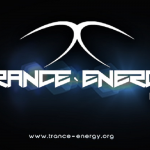
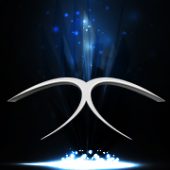 320kbps
320kbps 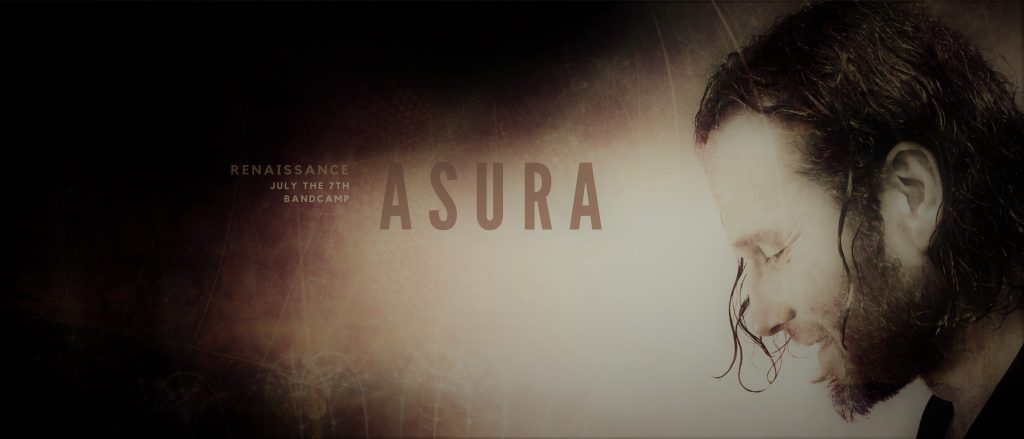
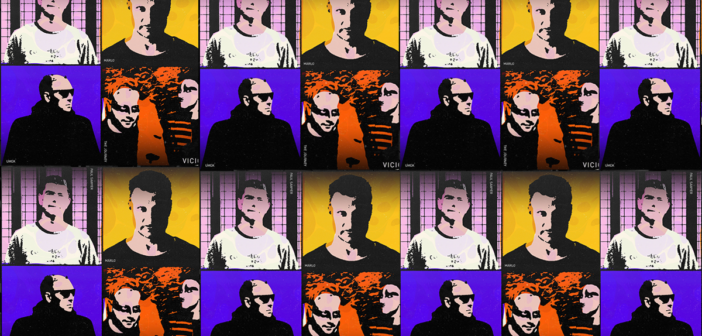
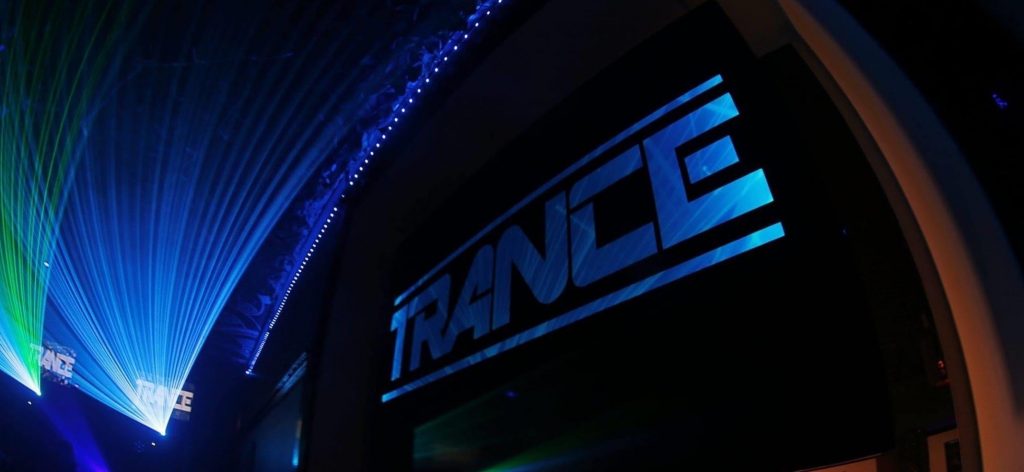


STGR On January 18, 2017 at 21:37
Fantastic producer. Thank you for this, I enjoyed reading it.